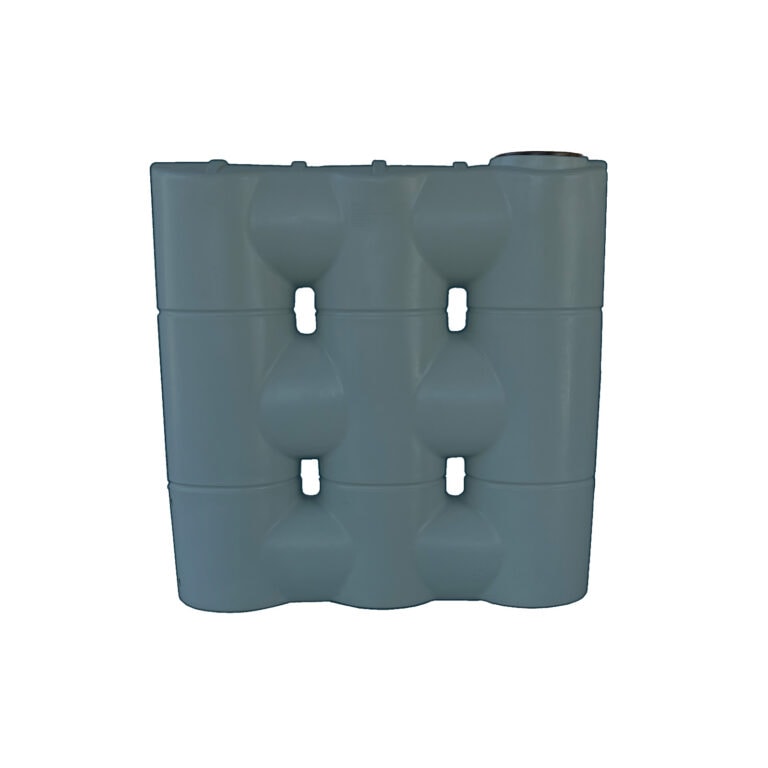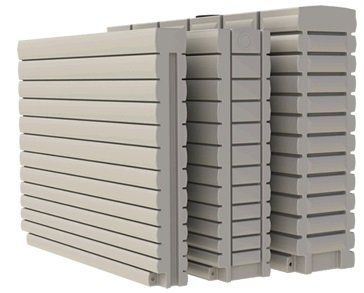Trusted Slimline Water Tanks: Optimize Your Water Storage Space Capacity
Trusted Slimline Water Tanks: Optimize Your Water Storage Space Capacity
Blog Article
Exploring the Different Uses of Rainwater Containers for Residential and Commercial Residences
As the global focus on lasting living practices continues to intensify, the usage of rain tanks in both property and business settings has arised as a pertinent option. These containers offer a tank for rain harvesting, offering a myriad of potential applications that prolong much past plain storage. From irrigation to bathroom flushing and landscape design, the convenience of rainwater tanks is large. Their combination into industrial properties opens up a world of possibilities for environmentally conscious businesses. The multifaceted uses rainwater tanks present a compelling instance for their fostering, not just as a sensible water-saving action yet additionally as a testimony to accountable resource management.
Benefits of Using Rain Tanks
Utilizing rain tanks uses various benefits for both homes and areas in terms of water preservation and sustainability. One of the vital benefits of making use of rainwater storage tanks is the significant reduction in dependence on mains water - Slimline water tanks. By capturing and saving rainwater for later use, people and communities can reduce their need for treated water, eventually easing the problem on water treatment centers and lowering power consumption related to water transportation and therapy
In addition, rainwater gathering through containers gives a reputable alternate water resource throughout times of water constraints or shortages. This saved rainwater can be utilized for different non-potable objectives such as watering, flushing toilets, and washing clothing, lowering the pressure on traditional water sources. Furthermore, utilizing rain containers can bring about cost savings for both households and neighborhoods by reducing water expenses and reducing the requirement for expensive facilities growths to fulfill expanding water needs.
Fundamentally, the application of rainwater containers supplies a lasting and eco-friendly strategy to water monitoring, profiting both specific customers and the wider neighborhood in terms of water conservation, cost-efficiency, and resilience.
Rain Container Use in Irrigation
Given the benefits of rain storage tanks in saving water resources and reducing dependence on keys water system, a considerable application depends on utilizing saved rain for irrigation purposes - Slimline water tanks. Rain gathering systems can efficiently collect and save rainwater, providing a lasting water resource for watering yards, yards, and agricultural areas. By utilizing rain for watering, homeowner can reduce their dependancy on treated water resources, causing set you back savings and environmental benefits

One of the key benefits of using rainwater for irrigation is its pureness. Rain is normally soft and devoid of the chemicals and additives typically discovered in keys water, making it excellent for beneficial plants without the threat of harmful effects. Additionally, rainwater goes to ambient temperature level, which can profit plant development by preventing temperature shocks that can happen with chilly mains water.
Rainwater Containers for Commode Flushing

Implementing rain tanks for toilet flushing is an affordable and eco-friendly method that can be quickly incorporated into both property and view website industrial buildings. The saved rain can be utilized to flush bathrooms by linking the tank to the existing plumbing system. This simple yet reliable remedy can dramatically lower water usage in a building, particularly in areas where water deficiency is a problem.

Incorporating Rain Tanks in Landscaping
These storage tanks can capture and keep rainwater drainage from roofings, which can then be made use of for watering yards, lawns, and plants. By making use look here of rainwater for watering functions, residential or commercial property proprietors can decrease their dependence on community water resources, leading to cost financial savings and conservation of priceless water resources.
Along with providing a lasting water resource for landscaping needs, rain tanks can additionally assist in taking care of stormwater drainage. By capturing rainwater that would certainly otherwise move into tornado drains, these storage tanks can minimize disintegration, minimize flooding risks, and stop pollution of natural water bodies. In addition, incorporating rain containers in landscaping can add to the total visual appeal of the building, showcasing a commitment look at this now to environmental stewardship.
Business Applications of Rainwater Containers
Utilizing rain containers in industrial settings supplies a lasting service for water management and preservation, profiting companies and the environment alike. One vital industrial use is for watering functions, where harvested rain can be used to water landscape design, gardens, and agricultural fields bordering industrial residential properties.
In addition, rain collected in storage tanks can be dealt with and made use of for non-potable objectives within commercial residential or commercial properties, such as flushing bathrooms, cleansing, and cooling down systems. On the whole, the unification of rain tanks in commercial setups provides a functional and ecologically liable approach to water management.
Conclusion
From watering to toilet flushing and landscape design, the usage of rainwater storage tanks can help preserve water resources and reduce water expenses. Overall, the convenience and sustainability of rainwater containers make them a useful investment for any type of residential or commercial property proprietor looking to enhance water performance.
Report this page